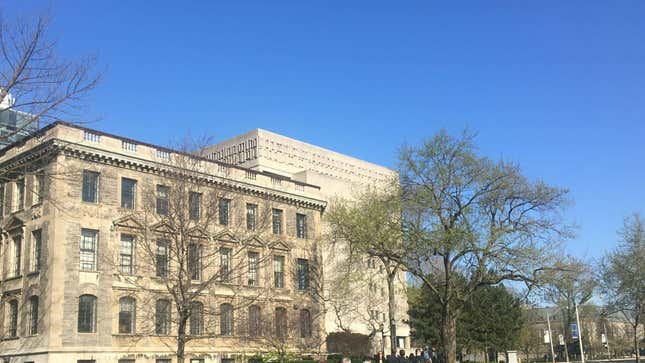The 'Good Guy' Defense Is So Very Old
Latest

Bringing up that men accused of sexual assault are “good guys” by means of defense is the oldest and most tired trope: The idea that men who come from “good families,” have “good jobs,” are students at a “good school,” are endowed with a “good reputation,” are certainly not rapists uses practically incomprehensible logic. Still, it’s an incredibly common tool of defense attorneys—namely, because it works.
Here’s another case of the “good guy” defense in action, this time brought by a team of lawyers for a former University of Toronto medical student, convicted in 2018 of raping an unconscious woman after a night of partying, who are now arguing he should get less prison time because he was an “exemplary” student.
-

-

-

-

-

-

-

-

-

-

-

-

-

-

-

-

-

-

-

-

-

-

-

-

-

-

-

-

-

-

-

-

-

-

-

-

-

-

-

-








































